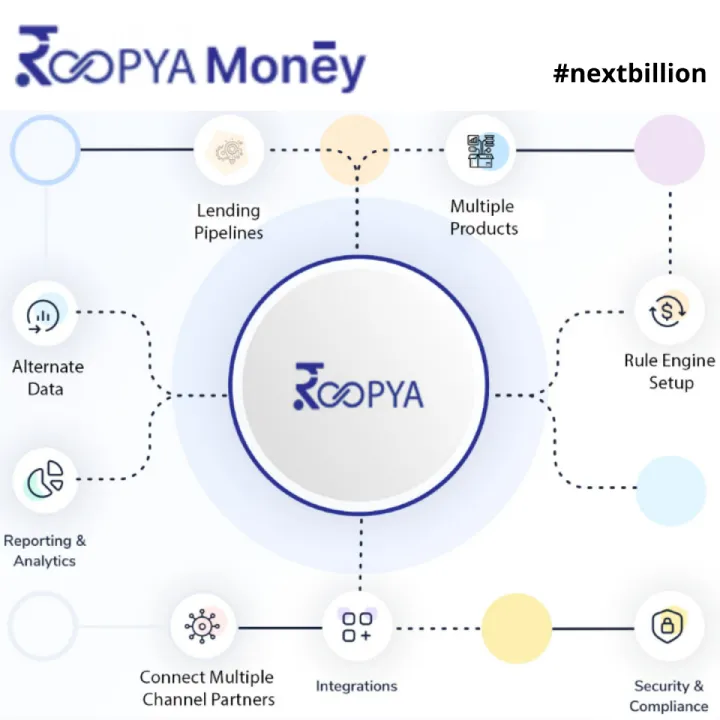KYC (Know Your Customer) process in a Loan or Lending CRM (Customer Relationship Management) system is tailored to comply with the guidelines set by the Reserve Bank of India (RBI) and other regulatory bodies. The process is designed to prevent identity theft, financial fraud, money laundering, and terrorist financing. Here’s a more detailed and factual description of how the KYC process is managed in a Loan CRM system in India:
- Initial Customer Onboarding: During the initial phase of loan application, the CRM system collects basic information from the customer. This includes name, date of birth, PAN (Permanent Account Number), and Aadhar number. Aadhar and PAN are crucial for KYC in India and are used across financial services for identity verification.
- Document Collection and Verification: The customer is required to submit KYC documents, which typically include a photograph, proof of identity (Aadhar card, PAN card, passport, voter ID), and proof of address (utility bills, bank statements, Aadhar card). The Loan CRM system tracks these documents and their verification status. Modern CRM systems in India often integrate with UIDAI (Unique Identification Authority of India) for biometric verification and with NSDL (National Securities Depository Limited) for PAN verification, automating the identity verification process.
- Risk Assessment: The CRM may incorporate or integrate with external systems to conduct a risk assessment of the customer. This includes credit score checks from CIBIL (Credit Information Bureau (India) Limited) or other credit bureaus, analysis of financial behavior, and screening against regulatory databases for PEPs (Politically Exposed Persons) or individuals on sanctions lists.
- Compliance Checks: In line with RBI guidelines, the CRM system ensures compliance with Anti-Money Laundering (AML) standards and Combating the Financing of Terrorism (CFT) regulations. This involves continuous monitoring of transactions and screening against national and international watchlists.
- Data Storage and Management: All KYC information collected is stored securely within the CRM system, ensuring data privacy and security as per the Information Technology (IT) Act, and the Personal Data Protection Bill (as proposed). This data storage is crucial for audit trails and regulatory inspections by the RBI or other financial authorities.
- Ongoing Monitoring and Customer Due Diligence: The system is designed for regular updating of customer KYC details, monitoring transactions for suspicious activities, and reassessing the risk profile of customers. Enhanced Due Diligence (EDD) is performed for high-risk categories.Integration with Loan Management and Processing: The KYC process is fully integrated with loan application, underwriting, disbursement, and servicing within the CRM system. This ensures a seamless flow of information and compliance throughout the customer lifecycle.
- Reporting and Analytics: The Loan CRM offers reporting tools for compliance officers and management to track the efficiency of the KYC process, identify trends, and report suspicious activities to the Financial Intelligence Unit – India (FIU-IND) as required under the Prevention of Money Laundering Act (PMLA).
- Digital KYC Solutions: In recent years, the RBI has allowed for Digital KYC processes, where verification is done through digital channels, including e-KYC via Aadhar, video customer identification process (V-CIP), and QR code-based Aadhar verification. These digital solutions are increasingly being integrated into Loan CRM systems to streamline the KYC process, making it faster and more user-friendly.
The RBI regularly updates its KYC norms to strengthen the financial ecosystem against fraud and to enhance customer due diligence. Loan CRM systems in India are, therefore, continually evolving to incorporate these changes and leverage technology for more efficient and secure KYC processes.


